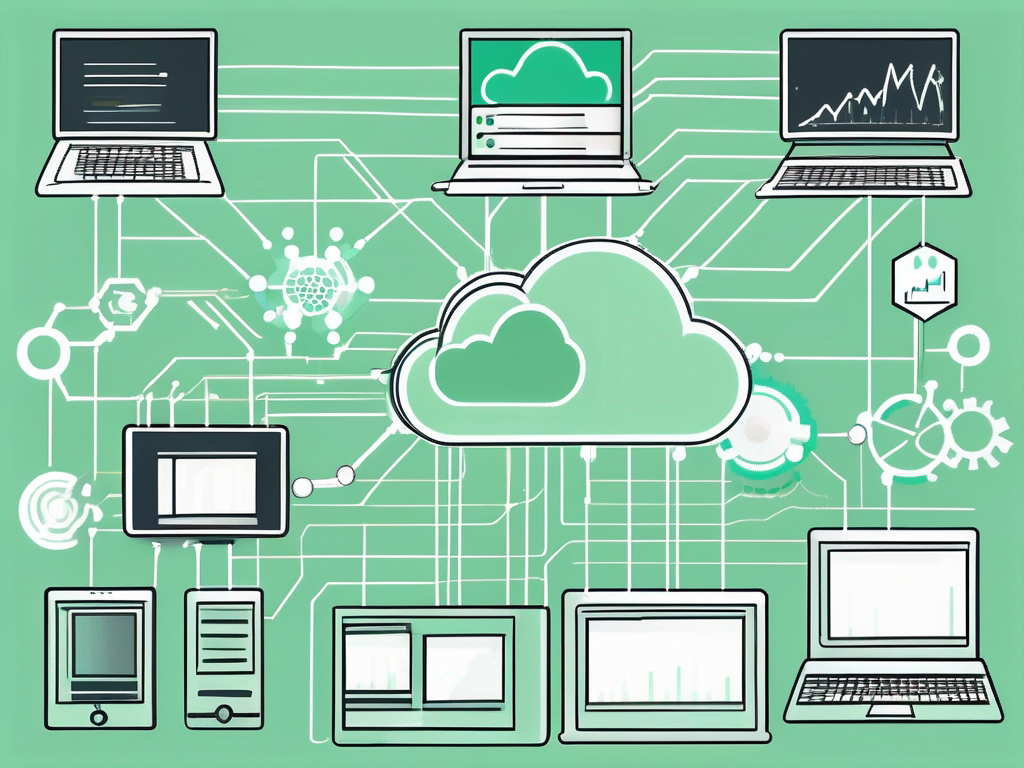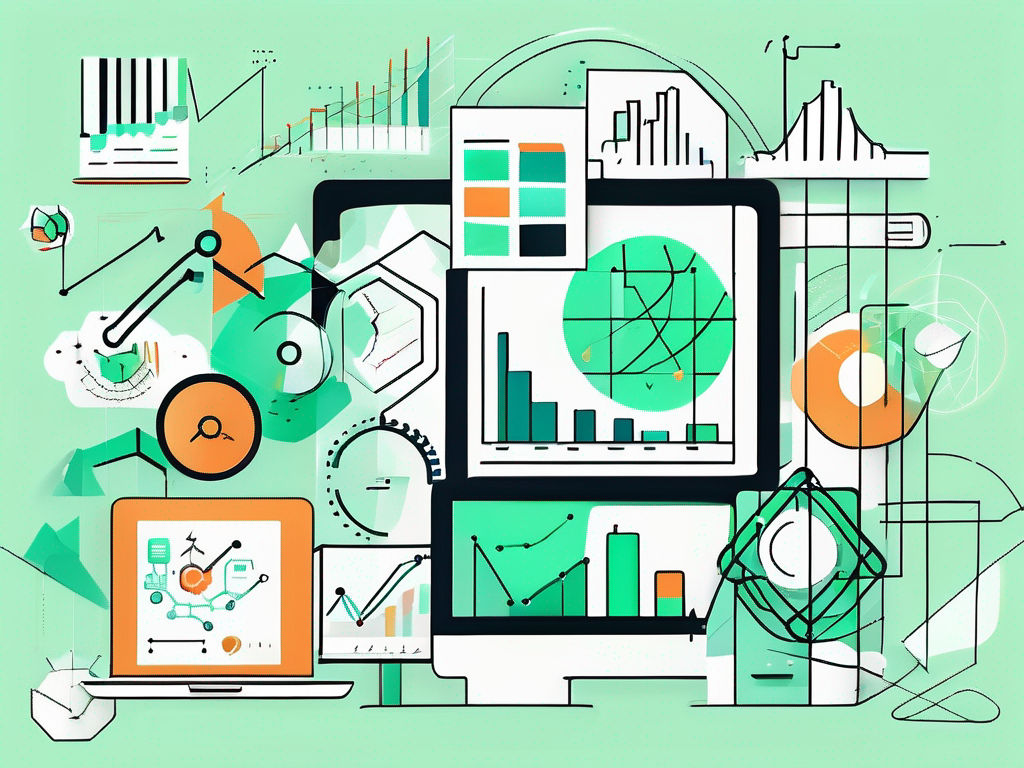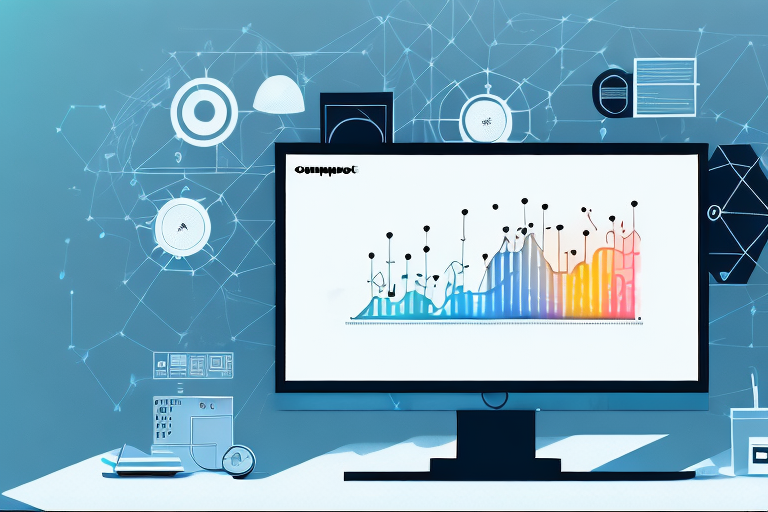.svg)
Efficiency Hacks for Modern Digital Agencies
.svg)

Modern digital agencies are constantly on the lookout for ways to streamline operations, boost productivity, and deliver exceptional results for their clients. With the right strategies and tools, agencies can optimise their workflows, enhance team collaboration, and ultimately, drive better outcomes. This comprehensive guide explores a variety of efficiency hacks that can help digital agencies thrive in today’s competitive landscape.
Embrace Automation Tools
Streamlining Repetitive Tasks
Automation tools are a game-changer for digital agencies, allowing them to automate repetitive tasks and free up valuable time for more strategic activities. From scheduling social media posts to sending out email campaigns, automation can significantly reduce the workload on your team. By leveraging tools like Zapier or IFTTT, agencies can create automated workflows that connect different apps and services, ensuring seamless data transfer and task execution.
Enhancing Client Communication
Effective communication with clients is crucial for any digital agency. Automation tools can help streamline this process by automating routine communications such as status updates, reports, and feedback requests. Tools like Mailchimp or HubSpot can automate email campaigns, ensuring that clients receive timely and personalised updates without manual intervention. This not only saves time but also enhances client satisfaction by keeping them informed and engaged.
Optimising Project Management
Project management is at the heart of any digital agency's operations. Automation tools like Asana or Trello can help agencies manage projects more efficiently by automating task assignments, deadlines, and progress tracking. These tools provide a centralised platform where team members can collaborate, share updates, and monitor project milestones, ensuring that everyone is on the same page and projects are delivered on time.
Leverage Data Analytics
Data-Driven Decision Making
In the digital age, data is a powerful asset that can drive informed decision-making. Digital agencies can leverage data analytics tools to gain insights into their campaigns, understand customer behaviour, and optimise their strategies. Tools like Google Analytics or SEMrush provide valuable data on website traffic, user engagement, and conversion rates, enabling agencies to make data-driven decisions that enhance performance and ROI.
Identifying Trends and Opportunities
Data analytics can also help agencies identify emerging trends and opportunities in the market. By analysing data from various sources, agencies can uncover patterns and insights that inform their strategies and campaigns. This proactive approach allows agencies to stay ahead of the competition, adapt to changing market conditions, and seize new opportunities that align with their clients' goals.
Measuring Campaign Effectiveness
One of the key benefits of data analytics is the ability to measure the effectiveness of marketing campaigns. Agencies can track key performance indicators (KPIs) such as click-through rates, conversion rates, and customer acquisition costs to evaluate the success of their campaigns. This data-driven approach enables agencies to refine their strategies, allocate resources more effectively, and deliver better results for their clients.
Foster a Collaborative Work Environment
Encouraging Open Communication
A collaborative work environment is essential for the success of any digital agency. Encouraging open communication among team members fosters a culture of transparency and trust, where ideas can be freely shared and feedback is welcomed. Regular team meetings, brainstorming sessions, and collaborative tools like Slack or Microsoft Teams can facilitate communication and ensure that everyone is aligned with the agency's goals and objectives.
Utilising Collaborative Tools
Collaborative tools play a crucial role in enhancing team collaboration and productivity. Tools like Google Workspace or Dropbox allow team members to share documents, collaborate on projects, and access information from anywhere, at any time. These tools eliminate the need for lengthy email threads and ensure that everyone has access to the latest versions of files, reducing the risk of miscommunication and errors.
Promoting a Culture of Innovation
Innovation is the lifeblood of digital agencies, and fostering a culture of innovation can drive efficiency and creativity. Encouraging team members to experiment with new ideas, technologies, and approaches can lead to breakthrough solutions and improved processes. Agencies can promote innovation by providing opportunities for professional development, recognising and rewarding creative contributions, and creating an environment where experimentation is encouraged.
Implement Agile Methodologies
Adapting to Change
Agile methodologies are designed to help teams adapt to change and deliver projects more efficiently. By breaking down projects into smaller, manageable tasks and using iterative processes, agencies can respond quickly to client feedback and market changes. Agile frameworks like Scrum or Kanban provide a structured approach to project management, ensuring that teams remain focused, flexible, and aligned with client objectives.
Enhancing Team Collaboration
Agile methodologies promote collaboration and communication among team members, fostering a sense of ownership and accountability. Daily stand-up meetings, sprint reviews, and retrospectives provide opportunities for team members to share progress, discuss challenges, and identify areas for improvement. This collaborative approach ensures that everyone is working towards a common goal and that potential issues are addressed promptly.
Improving Project Visibility
One of the key benefits of agile methodologies is improved project visibility. Agile tools like Jira or Monday.com provide real-time insights into project progress, allowing teams to track tasks, monitor deadlines, and identify bottlenecks. This transparency enables agencies to make informed decisions, allocate resources effectively, and ensure that projects are delivered on time and within budget.
Prioritise Continuous Learning and Development
Investing in Skill Development
The digital landscape is constantly evolving, and agencies must invest in continuous learning and development to stay competitive. Providing opportunities for skill development, such as training programmes, workshops, and online courses, can enhance team capabilities and ensure that they are equipped with the latest knowledge and skills. This investment in professional development not only benefits the agency but also boosts employee morale and retention.
Encouraging Knowledge Sharing
Knowledge sharing is a powerful tool for enhancing efficiency and innovation within digital agencies. Encouraging team members to share their expertise, insights, and experiences can lead to new ideas, improved processes, and better outcomes. Agencies can facilitate knowledge sharing through regular team meetings, internal newsletters, and collaborative platforms where team members can share resources and best practices.
Staying Updated with Industry Trends
Staying updated with industry trends is essential for digital agencies to remain relevant and competitive. Keeping abreast of the latest developments in technology, marketing strategies, and consumer behaviour can inform agency strategies and drive innovation. Agencies can stay updated by attending industry conferences, subscribing to relevant publications, and participating in online forums and communities.
Optimise Resource Allocation
Effective Time Management
Time is a valuable resource, and effective time management is crucial for enhancing efficiency. Agencies can optimise time management by prioritising tasks, setting clear deadlines, and using time-tracking tools like Toggl or Harvest to monitor productivity. By identifying time-wasting activities and implementing strategies to eliminate them, agencies can ensure that their teams are focused on high-impact tasks that drive results.
Maximising Budget Utilisation
Budget constraints are a common challenge for digital agencies, and optimising budget utilisation is essential for delivering value to clients. Agencies can maximise budget utilisation by conducting regular financial reviews, identifying cost-saving opportunities, and negotiating favourable terms with vendors and partners. By aligning budget allocation with client objectives and agency goals, agencies can ensure that resources are used effectively and efficiently.
Leveraging Technology
Technology is a powerful enabler of efficiency, and agencies can leverage it to optimise resource allocation. From cloud computing to artificial intelligence, technology can enhance agency operations, improve decision-making, and drive innovation. By investing in the right technology solutions, agencies can streamline processes, reduce costs, and deliver better outcomes for their clients.
In conclusion, efficiency is the cornerstone of success for modern digital agencies. By embracing automation tools, leveraging data analytics, fostering collaboration, implementing agile methodologies, prioritising continuous learning, and optimising resource allocation, agencies can enhance their operations, deliver exceptional results, and thrive in the competitive digital landscape. With the right strategies and tools, digital agencies can achieve efficiency and excellence in everything they do.
Related Posts
Let's
Let’s discuss how we can bring reinvigorated value and purpose to your brand.







.svg)